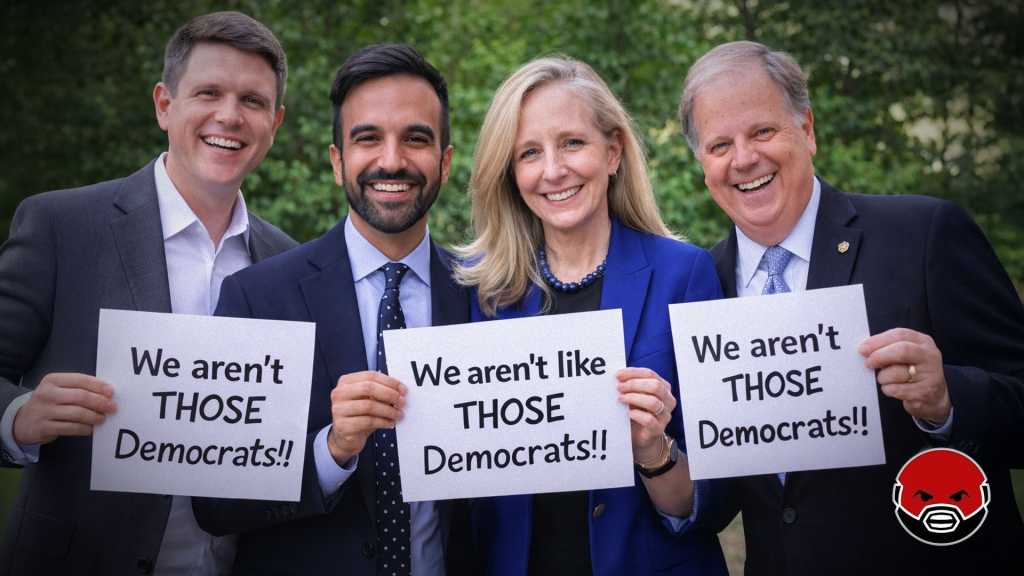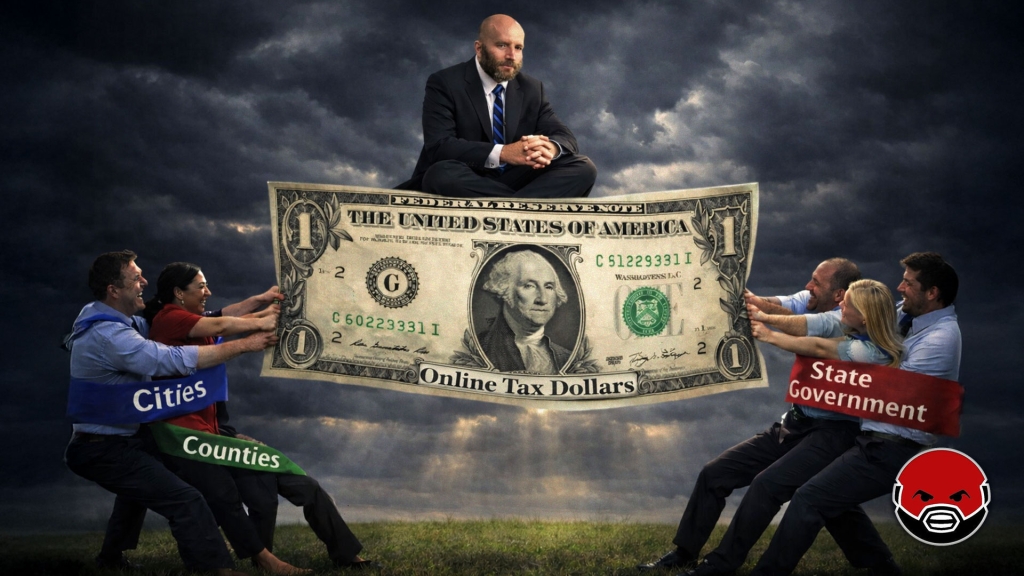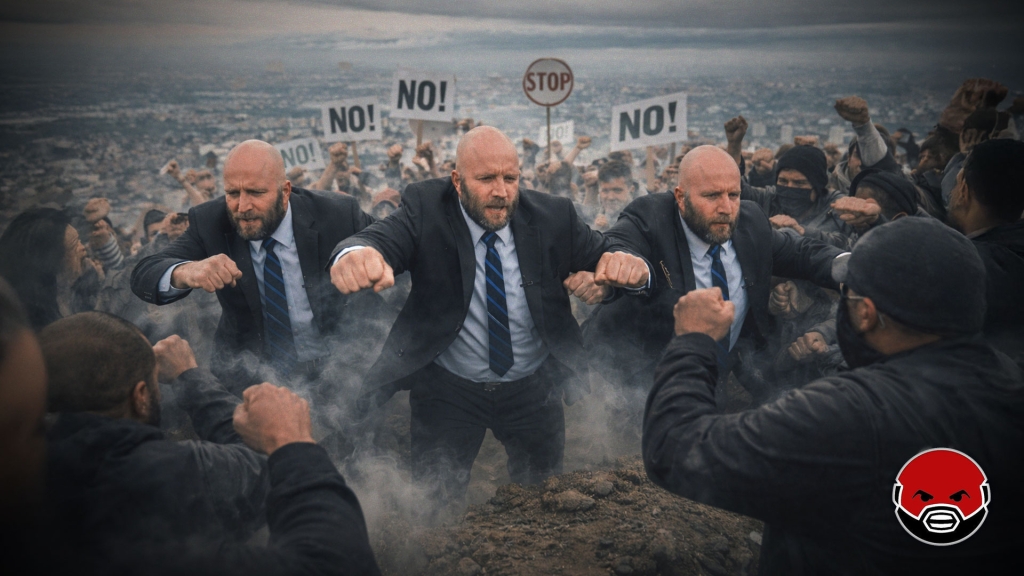Three years ago, I had the privilege of visiting South America for the first time. During my stay, I—along with the rest of my group—met a family whose story broke our hearts.
Led by a single mother, the family lived in an aluminum-roofed and mud-filled house in the middle of a village town square, right between two churches. Her adult children still lived with her in their home: one blind and two deaf, blind, and intellectually disabled. Their abusive father abandoned them long ago.
The government cared little about these rural people. The two churches, within spitting distance, never troubled themselves with the family. They were, by many standards, forgotten.
Thankfully, however, our local partner became aware of this family and determined a way that we, temporary visitors, might make a lasting impact. Through some South American creativity and a lot of bamboo, we were able to make their lives easier, safer, and cleaner. We left feeling tired from work yet restless to know our effectiveness, discouraged by their past yet hopeful for their future.
This June we returned to the family’s home.
Our arrival was met not with the timid greetings of before but with a new and palpable joy. To my surprise, present at the home was not only the family, but a host of other community members. I was eager to see whether our work had been successful, and the locals were eager to show us that it had, in fact, not been in vain.
Just as exciting for me to see was that out of this home now grows a small business. Together with the community, members of the family weave and sell baskets (which we were more than happy to purchase).
A lot has changed since our first visit. I cannot be sure exactly why, but I have some ideas.
First, I trust that being shown God’s love, not only through our initial visit but through the presence of many others over the years, has reminded them of their worth.
Second, I am confident that having certain urgent physical needs met has instilled a hope that their future may be better than their past.
Third, I believe that working, for however long, has provided a sense of dignity.
This transformation in a South American village offers principles that we must remember as we seek community renewal in the United States.
First is the fact that struggling Americans need to be reminded of their value as much as this South American family. We often, intentionally or not, strip people of their God-given worth when we reduce them to whether they receive government support or not. The truth is that, regardless of wealth or status, all people are infinitely valuable. We ought to recognize and exemplify this reality regularly.
Only when our compassion is felt and truly experienced by those facing difficulties, specifically the unemployed, will our oft-heralded advice to pursue the dignity of work—the second principle the South American family’s transformation reveals—be received.
Work has always been part of God’s design for humanity. In the very beginning, even before the curse of sin, God placed Adam “in the garden of Eden to work it and keep it” (Genesis 2:15).
John Piper writes that “God made us to work. He formed our minds to think and our hands to make. He gave us strength—little or great—to be about the business of altering the way things are.”
Therefore, we must promote work not because we’re sick of supporting others, but because we trust that God’s plan for humanity’s good is for us to work, and to work hard.
Witnessing the change of this family is just one of many formative and equally (if not more) incredible experiences from my time in South America. Most of these were, of course, more personal. This family’s transformation, however, demonstrates general and essential truths that we would do well to remember—namely the power of compassion, hope, and work.
Parker Snider is Manager of Policy Relations for the Alabama Policy Institute, an independent, nonpartisan, nonprofit research and educational organization dedicated to strengthening free enterprise, defending limited government, and championing strong families.













